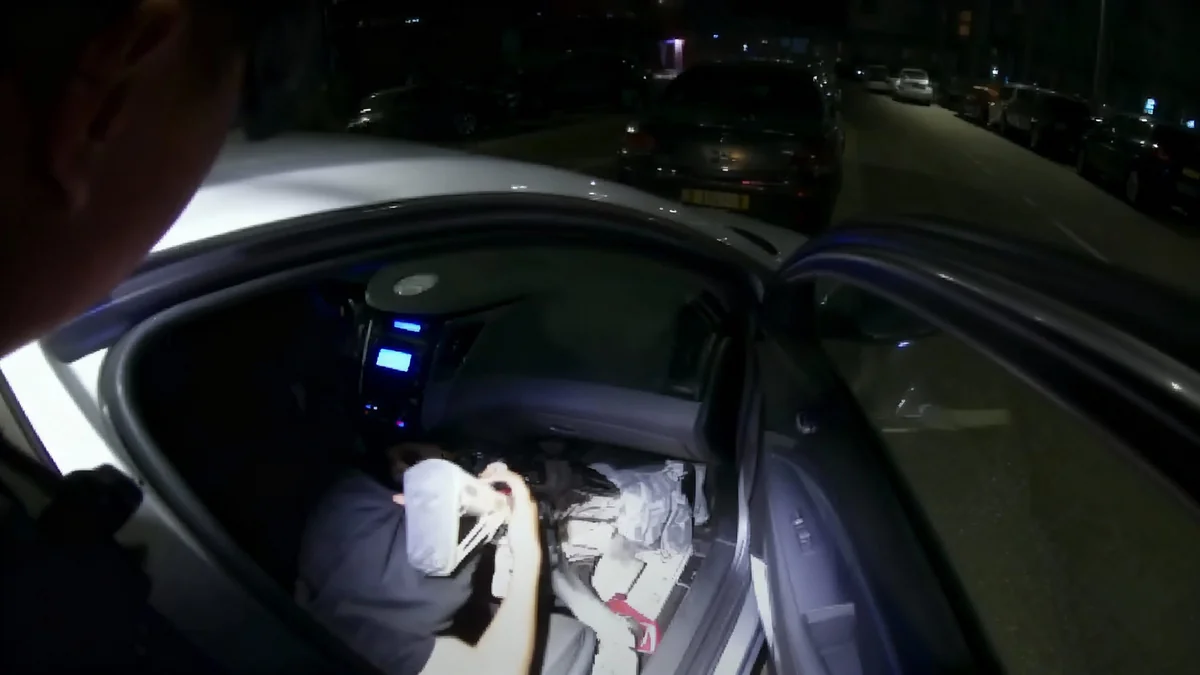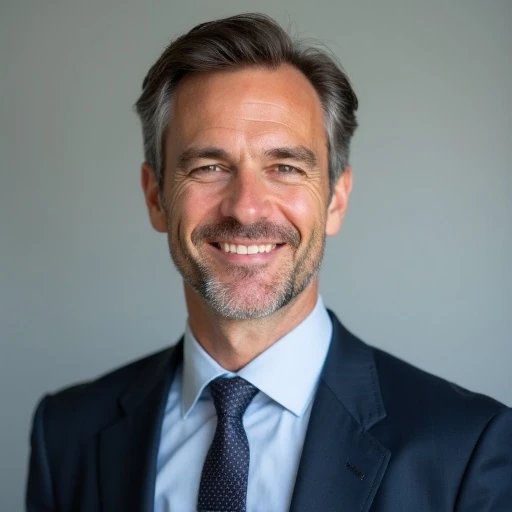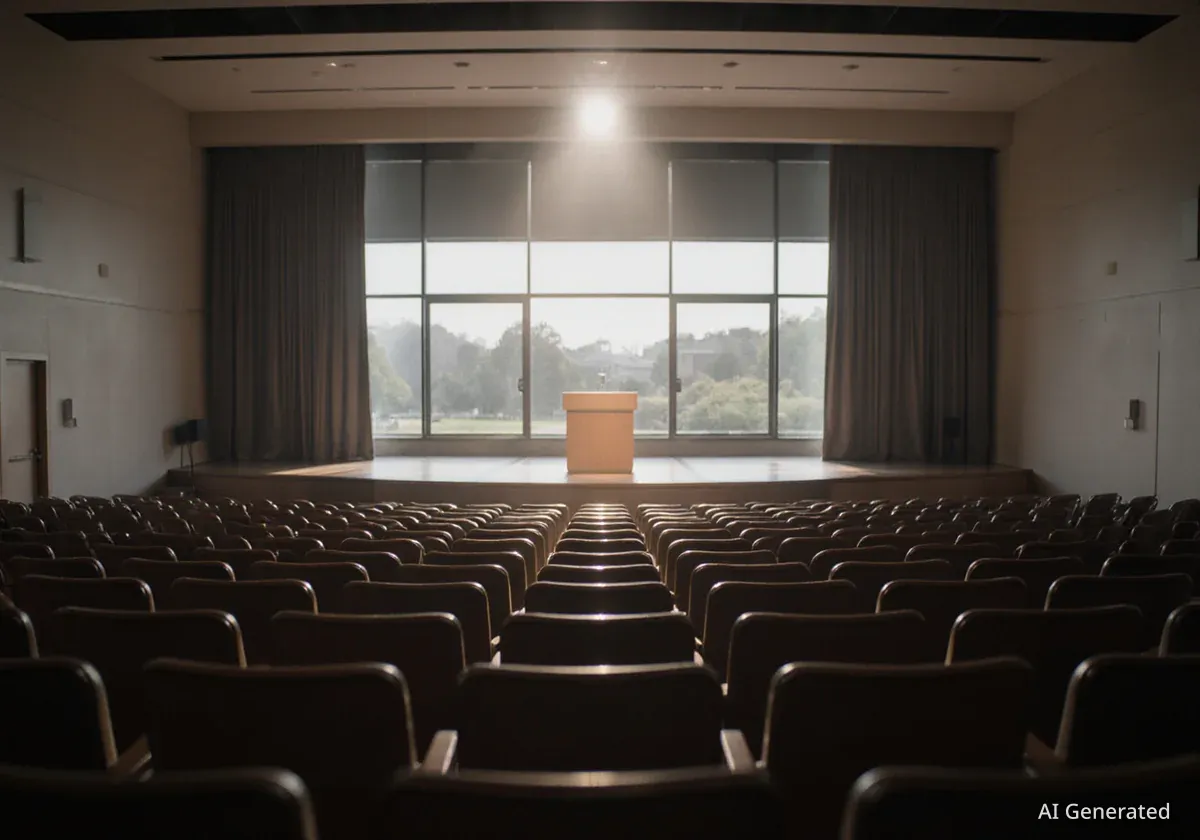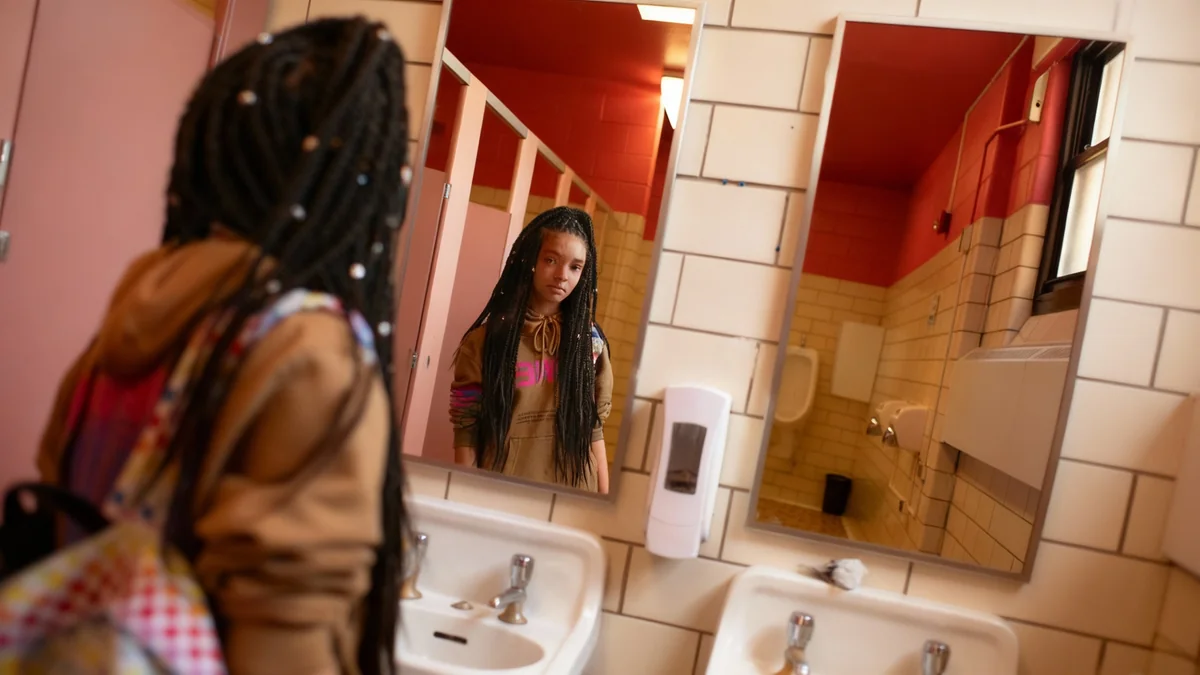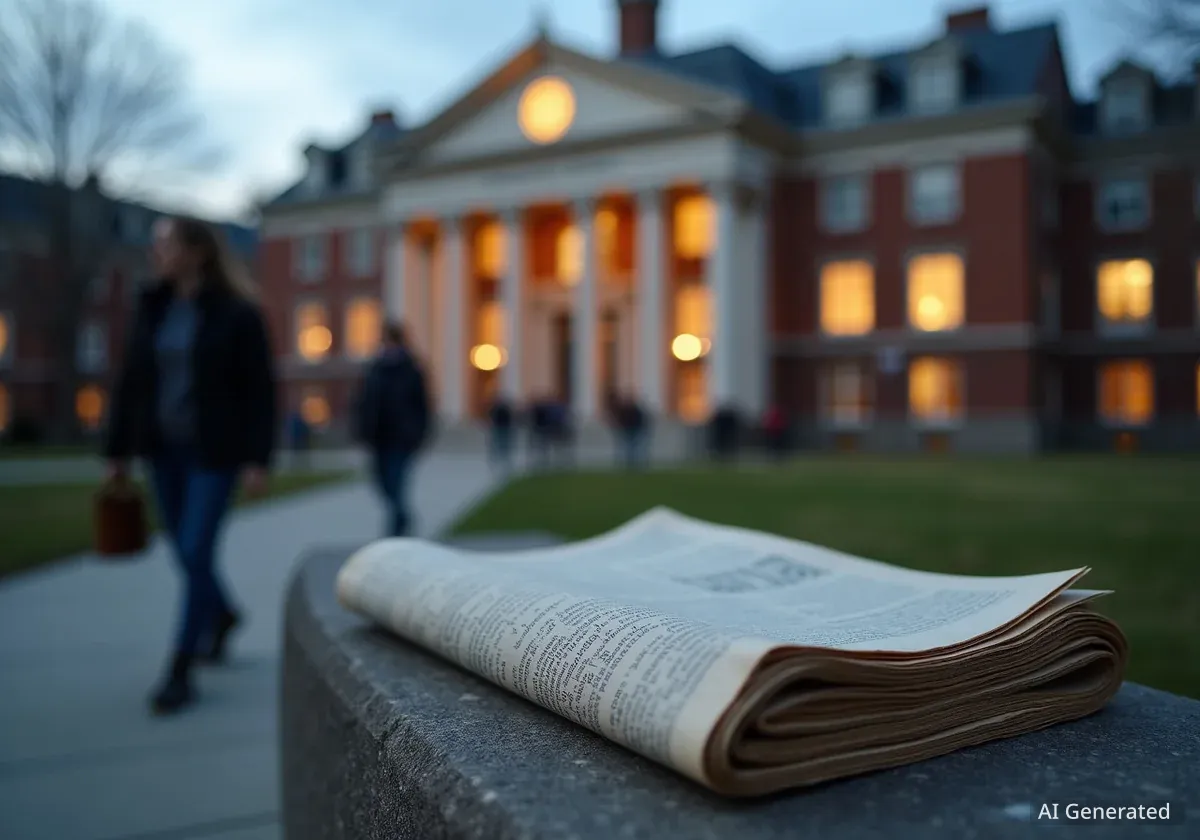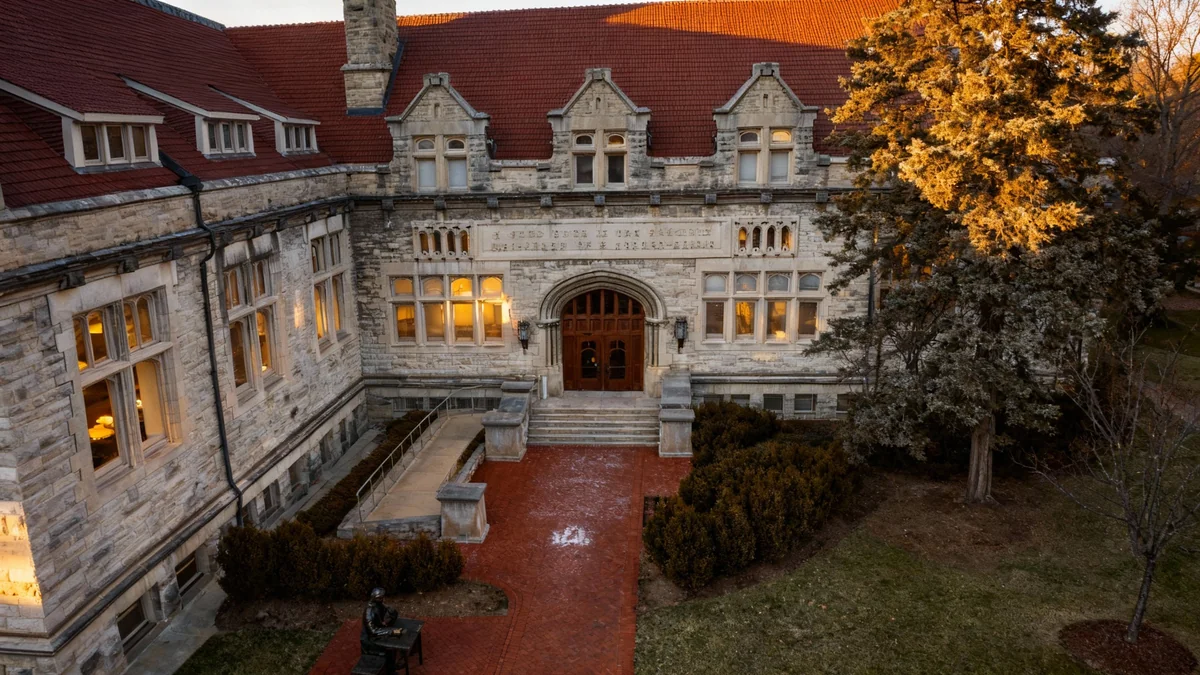A fourth-year journalism student at the University of Virginia was dismissed from her position at a campus news organization after she questioned the university's interim president on sensitive topics. The student, Sophia Bangura, alleges her termination came after she refused to apologize for her line of questioning.
The incident has ignited a campus-wide debate on student press freedom and the pressures faced by aspiring journalists when holding powerful institutions accountable.
Key Takeaways
- Sophia Bangura, a politics major and reporter for WUVA, was terminated from the student news group.
- The dismissal followed an interview where she asked UVA Interim President Paul Mahoney questions about federal policies and the resignation of his predecessor.
- Bangura claims she was asked to apologize to the president's office but refused, leading to her being fired for "insubordination."
- The final version of the interview published by WUVA reportedly omits the questions asked by Bangura.
The Controversial Interview
The situation began during a recorded interview on Friday, October 10, with UVA Interim President Paul Mahoney. Sophia Bangura, along with other WUVA student leaders including President Conwell Morris and interviewer Cameron Mottley, had planned to address a range of issues of concern to the student body.
The list of topics included pointed questions regarding the resignation of former UVA president Jim Ryan, which followed pressure from the Department of Justice. Other subjects involved federal policies under President Donald Trump, such as the "Compact" initiative and the role of Immigration and Customs Enforcement (ICE) on campus.
According to Bangura, the tone of the interview shifted during the recording. She stated that the designated student interviewer, Mottley, opted for a softer approach, avoiding the more challenging questions they had prepared. Feeling the need to address these pressing topics, Bangura intervened before the interview concluded to ask the questions herself.
"Never in that moment did the student interviewer or anybody indicate to me that that was kind of inappropriate behavior," Bangura later recounted. She explained that the issue was only raised after the interview was over and the editing process had begun.
Edited Out
The final 13-minute interview, which WUVA promoted as the "exclusive full interview" with Interim President Mahoney, does not include the questions posed by Sophia Bangura. The segment containing her exchange with the president was removed before publication.
Pressure to Apologize
Days after the interview, the conflict escalated. Bangura received a call from WUVA President Conwell Morris, who allegedly insisted she issue an apology to the interim president's office for her conduct.
Bangura recalled Morris emphasizing the importance of maintaining a positive relationship with the university administration. According to her, Morris stated, "one story does not make or break WUVA, but these relationships with the school are extremely important."
"I made clear that I was not going to apologize," Bangura said, standing firm in her belief that she was fulfilling her journalistic duty.
Her refusal to apologize set the stage for her dismissal. On the evening of Wednesday, October 15, Bangura received an email from Morris officially terminating her affiliation with the organization.
The Charge of Insubordination
The termination email from WUVA's president cited "insubordination" as the primary reason for the decision. "Your repeated disregard for the customs and courtesies of our organization––and its structure––culminated in your poor behavior while conducting the interview with Interim President Paul Mahoney," the email stated. It concluded that this behavior was "incompatible with our mission at WUVA."
A Public Platform and a Broader Debate
The story gained national attention when Bangura shared her experience during a live Town Hall event for "The Jim Acosta Show" on Thursday, October 16. Speaking directly to the podcast host and veteran journalist, she detailed the events that led to her firing.
Acosta publicly supported Bangura, framing the incident as a violation of First Amendment principles.
"Shame on UVA for doing that to you," Acosta said during the broadcast. "Shame on this interim president for doing that to you."
For Bangura, the experience has been a stark lesson in the challenges of the profession, particularly for students. She described the situation as an example of "self-censorship," where news organizations may soften their reporting to avoid conflict with powerful figures or institutions.
"I think that it’s more of an example of the state of journalism," Bangura reflected. "It’s scary, especially for student journalists to be in these big spaces, to ask these questions to the president of their university."
The incident highlights a fundamental tension in student journalism: the mission to report without fear or favor versus the reality of operating within a university structure where administrators hold significant power. As of this report, the University of Virginia and the student leaders of WUVA have not issued a public response to the allegations.
